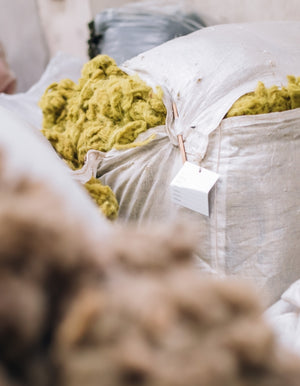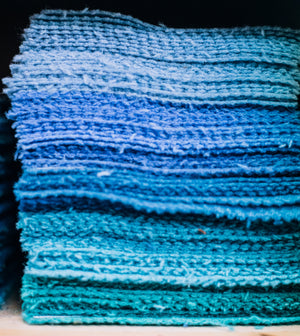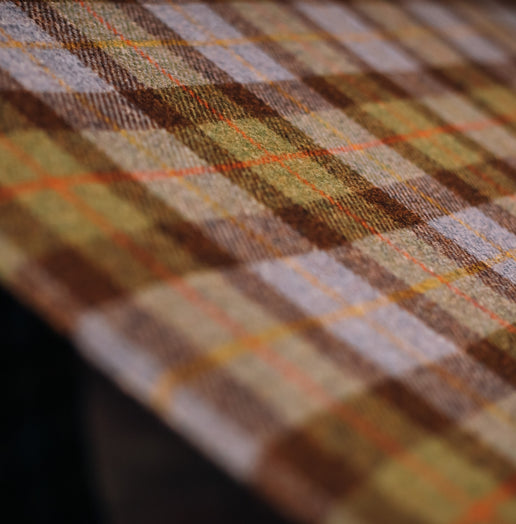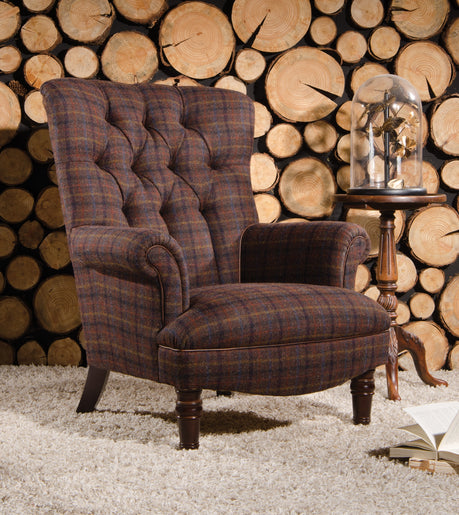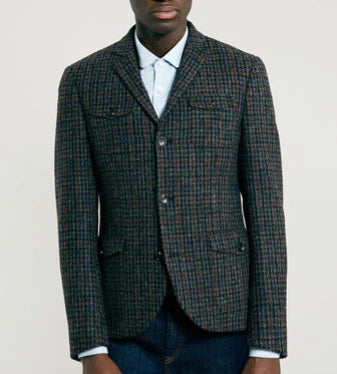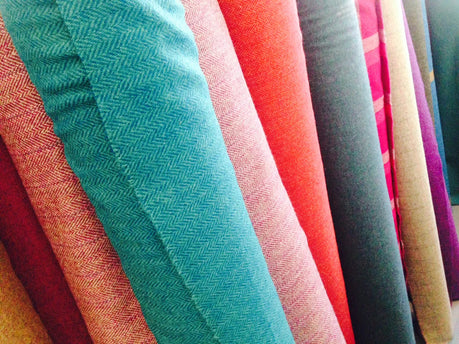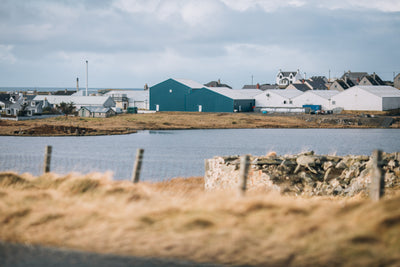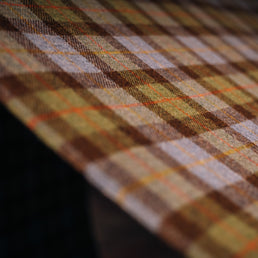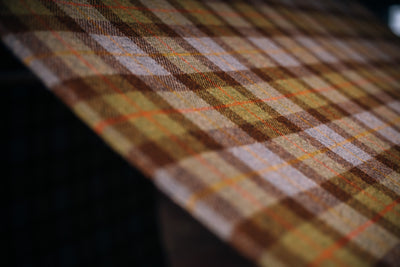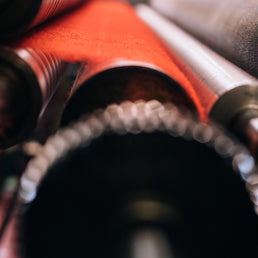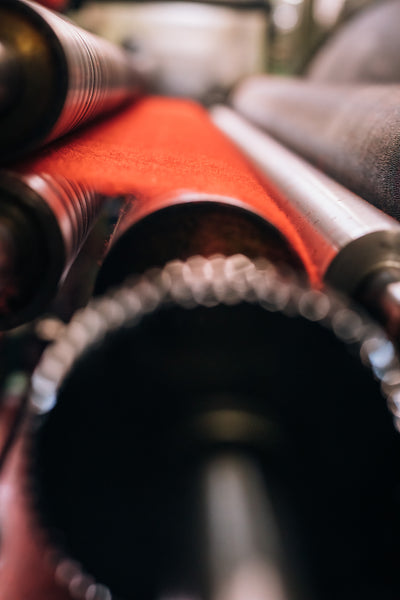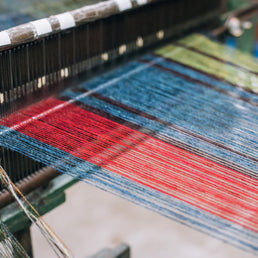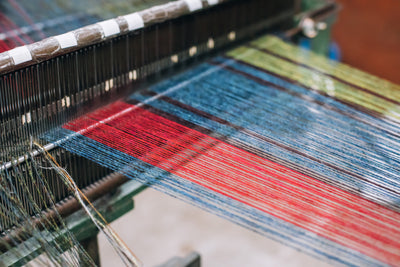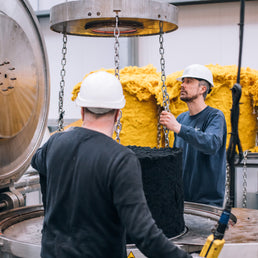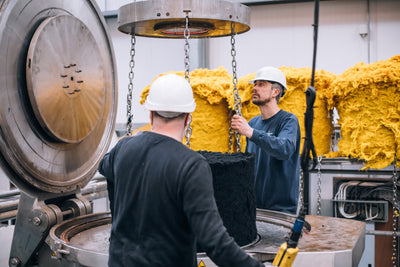Harris Tweed: A Sustainable Trend in Footwear?
Dogtooth fabric, a classic pattern often seen in fashion fabrics, has been making a splash in the footwear industry this season, particularly with Harris Tweed. But is this a fleeting trend or a sign of a more sustainable future for shoe manufacturing?
There have been some memorable additions to the Harris Tweed stable of shoes not least the Japanese edition of the Chuck Taylor All-Star and it drew our attention to a shoe produced back in 2002. New Balance decided to produce 100 pairs of their classic 576 in two tones of dogtooth. This trailblazer - pictured - was only sold in Selfridge's and Isetan Tokyo. Having spent three years in Japan’s capital city I had often wondered about New Balance 576’s, why so many people wore these slightly clunky ‘trainers’, particularly the ones with The Union flag on the tongue?
A visit to The New Balance Factory in Flimby, Cumbria, answered all these questions and many more. There are 27 individual components in a 576 or 54 a pair, the average training shoe will have 12. They source the finest leather and suede from Italy, Spain and Scotland. The factory employs over 200 people from the local area. Manufacturing Manager Andy Okolowicz chats about the previous thirty years of the American company producing shoes in England, ups and downs and over the last few years a continual up. It is a story that closely parallels Harris Tweed fabric.
The production line is a wondrous carousel where high-end raw materials are skillfully transformed into a classic. Over twenty pair of hands has input. Harris Tweed like the 576, we like New Balance and their resolve to remain in the UK producing a high quality hand-made product when most were heading East to increase their margins.
Sadly the limited edition 576’s sold out but perhaps they might return by popular demand so we encourage you to re-post this article at your discretion. To those Japanese gentleman and your clunky New Balance shoes circa 2001, I apologise, as with so many other elements of artisanal style you were way ahead of the average western philistine.




